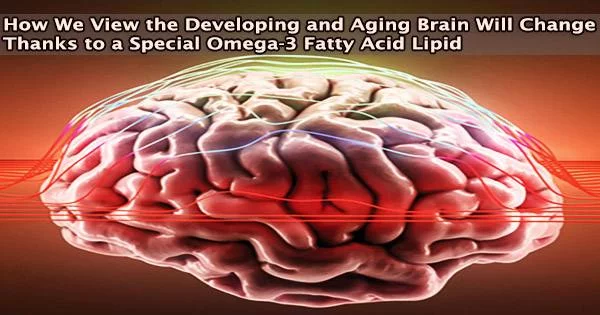A unique transporter protein has been shown to be crucial in controlling the brain cells that guarantee neurons are shielded by coverings known as myelin sheaths, according to research from Singapore.
The findings, reported by researchers at Duke-NUS Medical School and the National University of Singapore in the Journal of Clinical Investigation, could help to reduce the damaging impacts of ageing on the brain.
Myelin sheaths, an insulating membrane that surrounds neurons, aid in the rapid and efficient transmission of electrical signals throughout the body’s nervous system. Damage to the myelin sheath can impair nerve function and result in neurological diseases. Myelin sheaths may naturally begin to deteriorate with age, which is frequently the cause of the physical and mental decline that occurs in the elderly.
“Loss of myelin sheaths occurs during the normal ageing process and in neurological diseases, such as multiple sclerosis and Alzheimer’s disease,” said Dr. Sengottuvel Vetrivel, Senior Research Fellow with Duke-NUS’ Cardiovascular & Metabolic Disorders (CVMD) Programme and lead investigator of the study. “Developing therapies to improve myelination the formation of the myelin sheath in ageing and disease is of great importance to ease any difficulties caused by declining myelination.”
The researchers aimed to comprehend the function of Mfsd2a, a protein that transports lysophosphatidylcholine (LPC), a lipid that contains an omega-3 fatty acid into the brain as part of the myelination process, to pave the way for the development of such medicines.
Prof Silver has been relentless in investigating the far-reaching role of Msdf2a ever since he discovered this important lipid transport protein, alluding to the many possible ways of treating not only the ageing brain but also other organs in which the protein plays a role. It’s exciting to watch Prof Silver and his team shape our understanding of the roles that these specialised lipids play through their many discoveries.
Professor Patrick Casey
According to what is now known, genetic disorders in the Mfsd2a gene result in a considerable reduction in myelination as well as a birth abnormality called microcephaly, which makes the baby’s head appear considerably smaller than it should.
The group demonstrated in preclinical models that deleting Mfsd2a from precursor cells that develop into myelin-producing oligodendrocytes in the brain causes deficiencies in myelination after birth.
Additional research, including single-cell RNA sequencing, revealed that the deletion of Mfsd2a resulted in a decrease in the amount of fatty acid molecules, notably omega-3 fats, in the precursor cells. This reduction prevented the precursor cells from growing into oligodendrocytes, which generate myelin.
“Our study indicates that LPC omega-3 lipids act as factors within the brain to direct oligodendrocyte development, a process that is critical for brain myelination,” explained Professor David Silver, the senior author of the study and Deputy Director of the CVMD Programme. “This opens up potential avenues to develop therapies and dietary supplements based on LPC omega-3 lipids that might help retain myelin in the ageing brain and possibly to treat patients with neurological disorders stemming from reduced myelination.”
Previously, Prof Silver and his lab discovered Mfsd2a and worked closely with other teams to determine the function of LPC lipids in the brain and other organs. The current research provides further insights into the importance of lipid transport for oligodendrocyte precursor cell development.
“We’re now aiming to conduct preclinical studies to determine if dietary LPC omega-3 can help to re-myelinate damaged axons in the brain,” added Prof Silver. “Our hope is that supplements containing these fats can help to maintain or even improve brain myelination and cognitive function during ageing.”
“Prof Silver has been relentless in investigating the far-reaching role of Msdf2a ever since he discovered this important lipid transport protein, alluding to the many possible ways of treating not only the ageing brain but also other organs in which the protein plays a role,” said Professor Patrick Casey, Senior-Vice Dean for Research. “It’s exciting to watch Prof Silver and his team shape our understanding of the roles that these specialised lipids play through their many discoveries.”
















